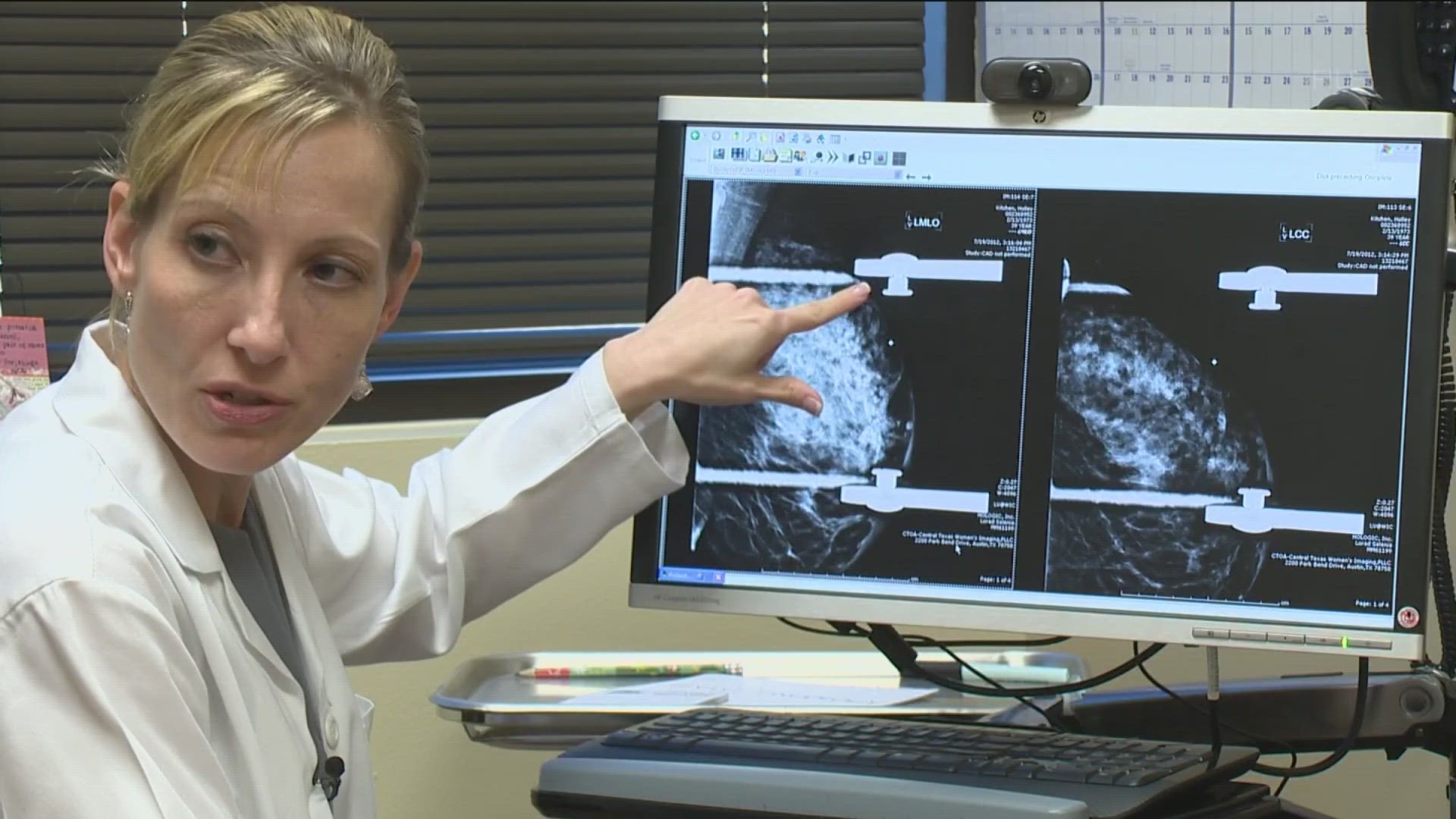AUSTIN, Texas — Cases of a deadly form of meningitis are popping up across Texas after some people got elective surgery in Mexico.
The KVUE Defenders have been tracking a rise in fungal meningitis cases linked to two clinics at Matamoros, Mexico.
Now, state health officials tell KVUE anyone who's gotten surgeries done at the two clinics should seek medical treatment.
In February, Lauren Robinson from Vidor headed to Matamoros, Mexico, for cosmetic surgery.
"I mean, the results were great. Everything was good. She started going back to work and then she just kept constantly telling me, 'Hey, you know, I have a headache. Something's not right,'" said Garrett Robinson, Lauren Robinson's husband.
Garrett Robinson spoke with KVUE's sister station in Beaumont on May 25. At the time, Lauren Robinson was hospitalized in Galveston. After battling a fungal meningitis infection and suffering from multiple strokes, she passed away six days later, on May 31.
"I don't want anybody to have to go through what I went through and an still going through," said Garrett Robinson.
Her infection, and others, have been linked to two clinics in Matamoros: River Side Surgical Center and Clinica K-3. KVUE reached out to both clinics, but didn't hear back.
Dr. Jennifer Shuford with the Texas Department of State Health Services said there's a commonality in these specific cases.
"People who are getting this fungal meningitis have had epidural anesthesia, meaning they had a small needle put into their back around their spinal cord and had anesthesia that way," said Dr. Shuford.
According to Medical Tourism Mexico, 1.2 million Americans visit Mexico every year for medical-related tourism and are said to save anywhere from 35% to 80% on procedures.
As of May 16, there were five cases of fungal meningitis and one death related to work done at these two clinics. As of June 7, 18 Texans have been infected with fungal meningitis from cosmetic procedures done in Matamoros and three have died so far.
"The clinics in Matamoros did give us lists of patients that they took care of during those months where we know there were cases. We assume that some people didn't make it onto that list, though," said Dr. Shuford.
Dr. Shuford said this isn't something that normally spreads from person to person, so outbreaks aren't likely. But anyone who's gotten work done in the region should get checked out.
"The symptoms can start slowly, but then they'll start to experience things like headache and fever and a stiff neck," said Dr. Shuford. "The evaluation that's recommended is getting imaging of the brain, so an MRI, as well as evaluation of their spinal fluid through a lumbar puncture."
Robinson said none of this was worth it.
"If your wife's bugging you like she did me, you know, 'I really want to go. I heard this person did this and I talked to this person,' man, make her mad. Don't do it. It's not worth it," said Robinson.

